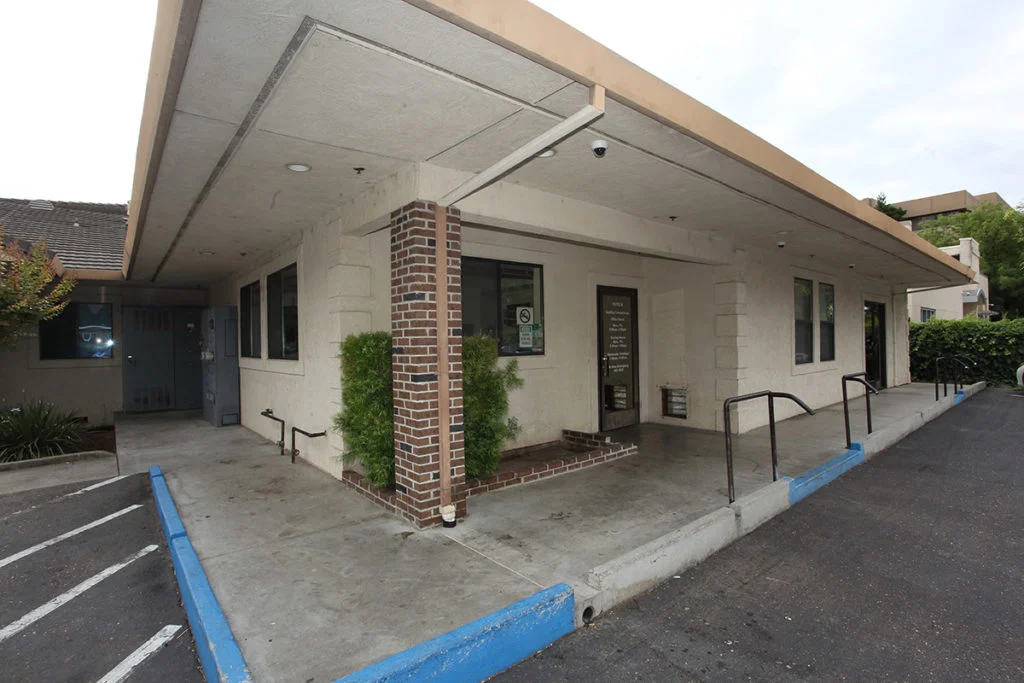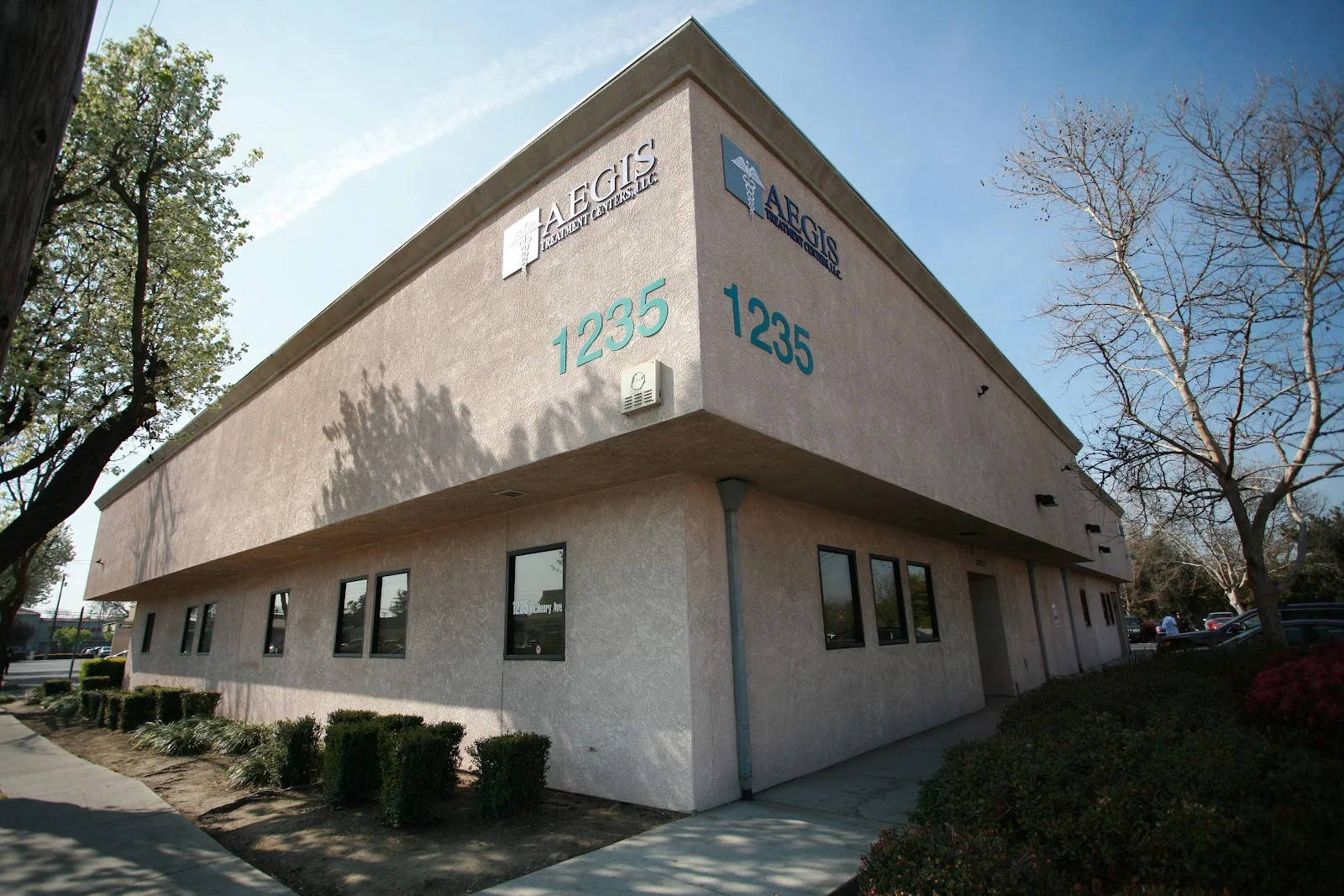Found in Santa Maria, California, Aegis Treatment Centers provides complete addiction treatment programs for those suffering with opioid addiction among other drug use problems. Using Methadone and Suboxone to help individuals on their road to recovery, the hospital specializes in medication-assisted therapy (MAT). Aegis accepts people from all backgrounds using a wide, inclusive approach without stressing gender-specific or faith-based initiatives.
The institution offers regular outpatient therapy, medication-supported rehabilitation, and outpatient and intense outpatient programs as well as Aegis also provides telehealth intakes for Suboxone users, therefore guaranteeing flexibility and accessibility for people in need. Treatment approaches comprise individual and group counseling, psychoeducational programs, mindfulness and stress management strategies, medical and functional examinations, and integration of peer-based support systems. Aegis Treatment Centers is well known for meeting requirements unique to communities, particularly those related to first responders. Aegis upholds excellent standards of care after being accredited by the Commission on Accreditation of Rehabilitation Facilities (CARF), therefore guaranteeing efficient and easily available therapy for people aiming at recovery.
AEGIS Treatment Centers - Santa Maria Information
Accreditations
-
Commission on Accreditation of Rehabilitation Facilities (CARF)
CARF accreditation is a prestigious recognition for organizations in rehabilitation and human services. It signifies that an organization meets rigorous quality standards and is committed to providing top-notch care. Achieving CARF accreditation involves a thorough evaluation process, including on-site surveys, to ensure excellence in programs and services. This accreditation boosts an organization's credibility, assures clients and funders of quality, and promotes ongoing improvement in the field of rehabilitation and human services.

Additional Locations
AEGIS Treatment Centers - Santa Maria Accepts The Following Insurance Plans
Find the best treatment options. Call our free and confidential helpline today!


















